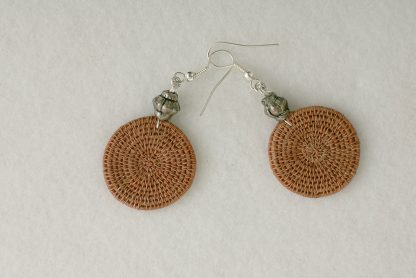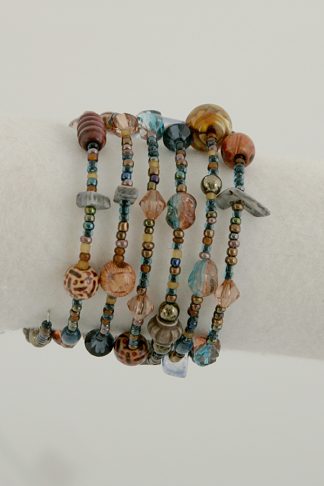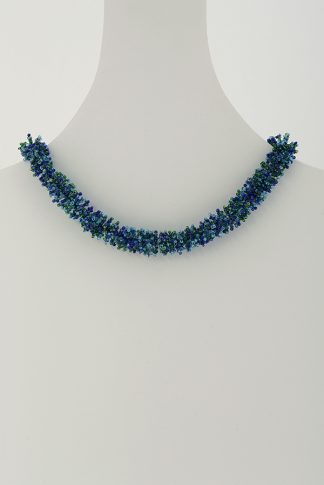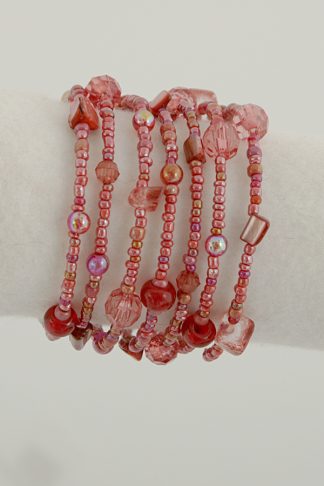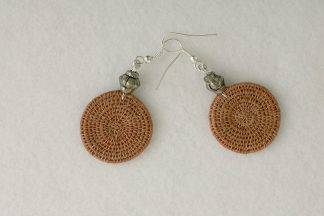Description
Jewelry Coin Earring is made in Swaziland
The Tintsaba story
With a passion for excellence and respect for the earth, the remarkable women of Tintsaba create beautiful handmade products centered on the use of sisal, a sustainable natural fibre that grows wild in Swaziland. Their signature collection represents the finest woven sisal baskets plus refined sisal and silver jewelry, and is created by Tintsaba’s most experienced master weavers and silversmiths. The Handcraft collection allows their crafters to build their skills and develop their creativity in designing a range that includes jewelry, interior decoration accessories, and a fun kiddies’ range.
Over 900 women in Swaziland have contributed to Tintsaba’s growth – at its core, Tintsaba is its women.
Tinstaba provides the environment and training that enables women to become master weavers, silversmiths or managers. It provides the opportunity and training for producers – usually semi-literate basket makers – to move into finer, gallery/masterweavers products. These are technically perfect, highly refined baskets and fine components for jewelry. Some are combined with silver in the workshop. Thus, highly skilled artisans become jewelers and silversmiths, and even skills trainers. This guarantees a cycle of continuous training and development for the producers.
Social programs and personal development.
Besides providing skills training, Tintsaba cares about supporting women in their personal development. Several social programs have been set up for that purpose. These include the development of skills trainers into proficient motivational trainers, group leaders and peer educators with a good knowledge about HIV/AIDS issues.
HIV/AIDS awareness workshops are held regularly.
In 2008 Tintsaba started a mobile health clinic with volunteer homeopathic doctors and funded transport and medication. This has dramatically improved the health of the women and staff.
All producers and staff are taught `brain gym’, and a literacy program has been developed. The literacy program, which is called Tintsaba Reads, has manuals pertinent to self-development and basic business skills.
